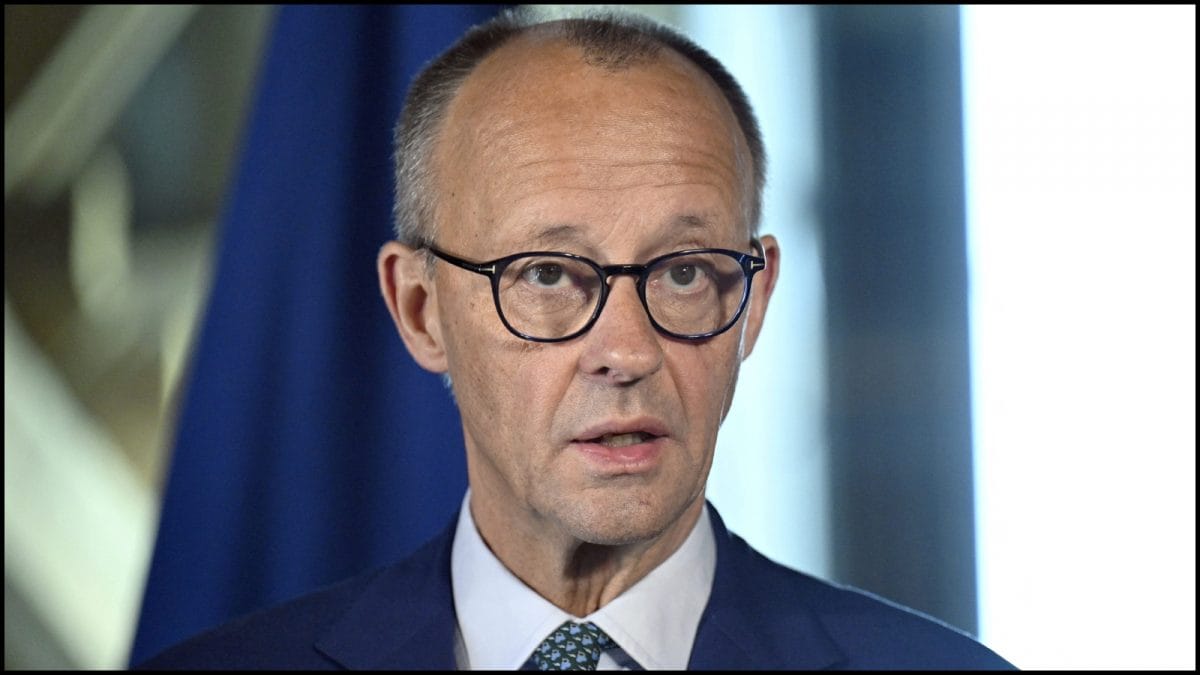ARTICLE AD BOX

RAIPUR: The Chhattisgarh government is set to launch the 12th phase of its "Malaria Free Chhattisgarh Campaign" on June 25. The initiative aims to conduct widespread testing, treatment, and public awareness activities in malaria-affected and sensitive areas across the state.
The campaign has set a target of achieving zero malaria cases by 2027. The "Malaria Free Chhattisgarh Campaign" has significantly reduced malaria cases in the highly sensitive Bastar division. The malaria positivity rate in Bastar, which was 4.6 per cent in the first phase of the campaign, has dropped to 0.46 per cent. Compared to 2015, malaria cases have decreased by 72 per cent in 2024, and the Annual Parasite Index (API) has fallen from 27.40 to 7.11.
These figures demonstrate the state's progress in malaria control. This phase of the campaign will focus on all seven districts of Bastar division — Bastar, Dantewada, Bijapur, Sukma, Narayanpur, Kanker, and Kondagaon — along with identified areas in Gariaband, Khairagarh-Chhuikhadan-Gandai, and Kawardha districts, which are considered highly sensitive to malaria. Under the campaign, 2,235 survey teams have been deployed across 2,527 villages and 659 sub-health centres in 36 blocks of 10 districts.
These teams will conduct door-to-door malaria testing for approximately 16.77 lakh people. The campaign will ensure screening of every individual, immediate treatment for those who test positive, and regular follow-up. The objective extends beyond testing and treatment to include preventing mosquito breeding and raising public awareness about malaria. Efforts will focus on mosquito larvae control, sanitation measures, and preventing water stagnation.
People will also receive training and encouragement to use Long-Lasting Insecticidal Nets (LLINs) to prevent malaria transmission. The Health Department believes that a combination of timely testing, proper treatment, mosquito control, and public awareness can make Chhattisgarh malaria-free. The campaign also aims to convey that malaria can be eradicated with a precise strategy and strong public participation. The state is prepared to win this fight not just with medicines, but with public awareness and grassroots involvement.



.png)
.png)
.png)
















 7 hours ago
5
7 hours ago
5









 English (US) ·
English (US) ·